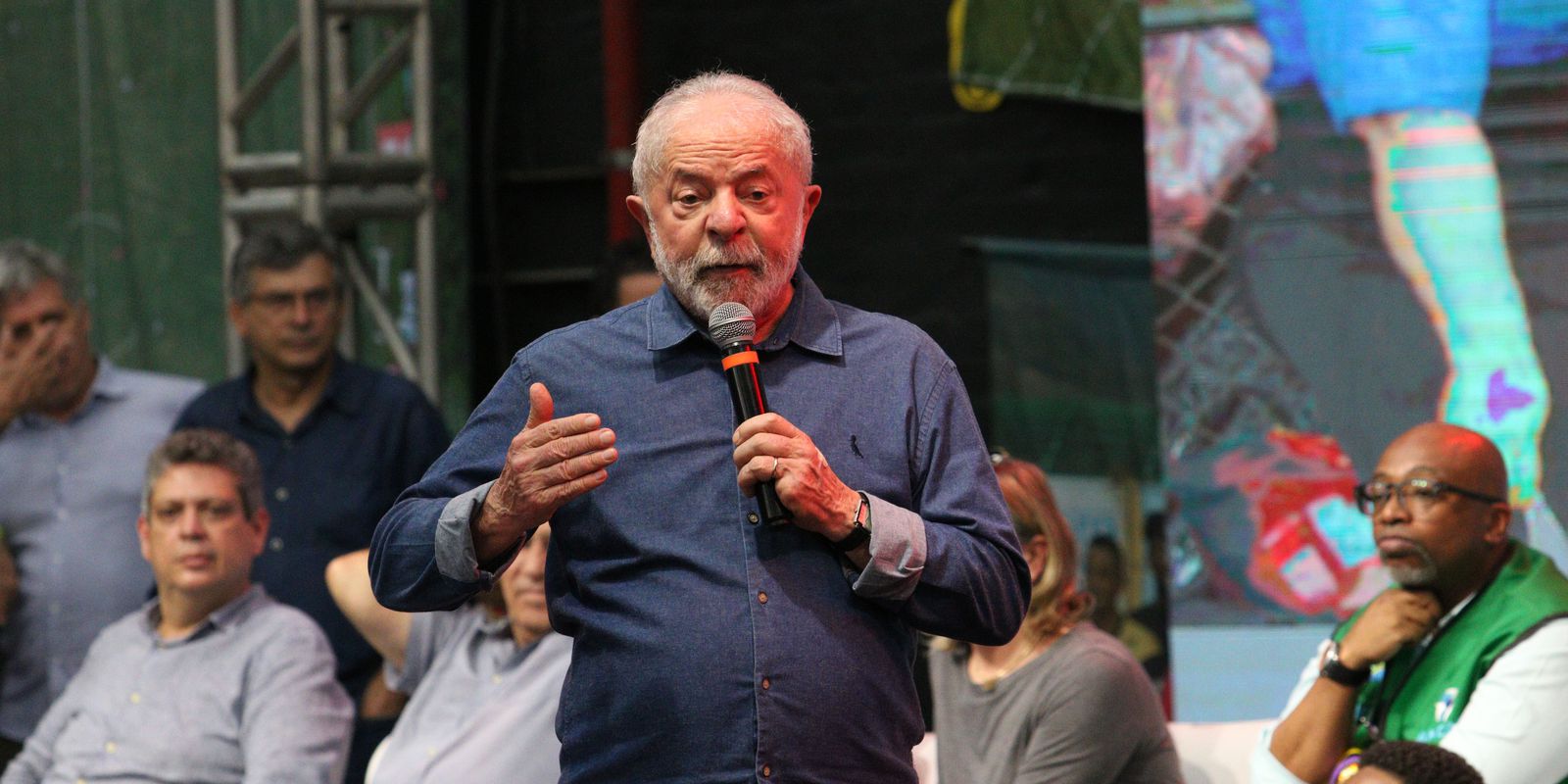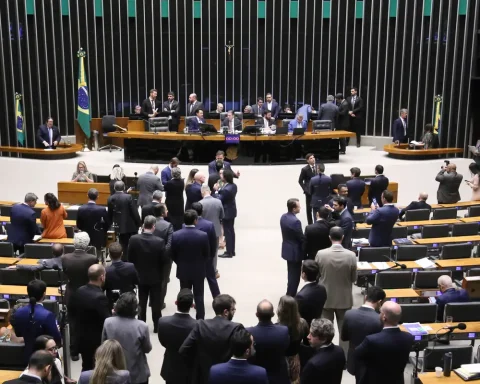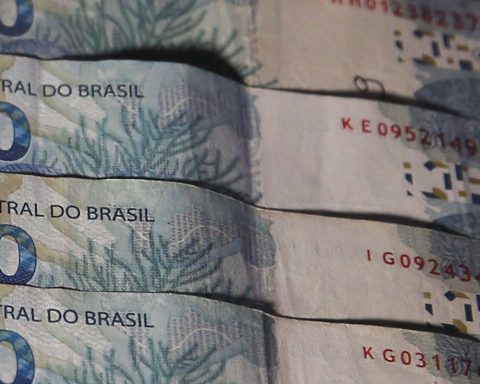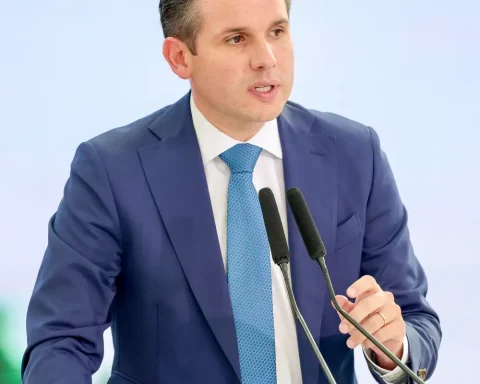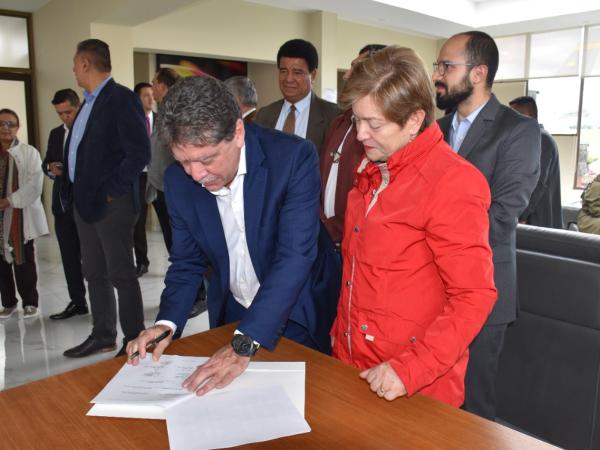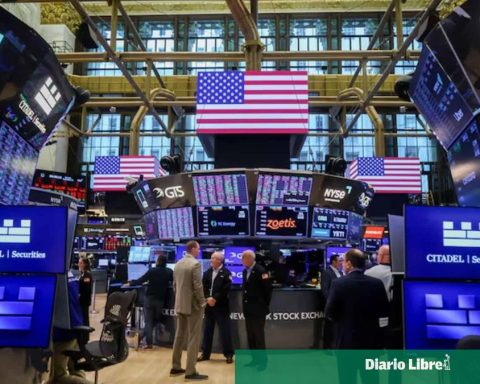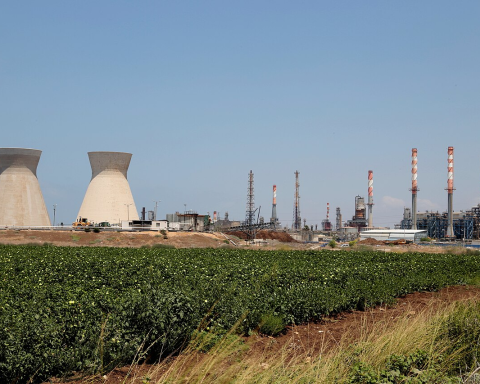President-elect Luis Inácio Lula da Silva participated this Thursday morning (15) in the 9th edition of Expocatadores, an event for collectors of recyclable materials in Brazil, held at Armazém do Campo, in the central region of São Paulo.
In his speech, Lula stated that taking care of poor people is possible. “When I’m president, I want a meeting specifically with the street people here in São Paulo. The poor people, the street people, the collectors, and so many other Brazilians who have no way of reaching the government. It will not be you who will have to go to the Presidency of the Republic. I am the one who will have to come to you.”
Also known as the Catadores’ Christmas, during the event Lula pledged to return to the place to have a meeting with the homeless. “I’m going to ask you to do a study on the conditions of each street man, each woman, their origin. So that we can help these people. Prepare a good list of demands, so that we can help these people. I came to São Paulo for a meeting with the street people, scheduled by Father Júlio Lancelotti, from the Pastoral do Povo da Rua de São Paulo. Let’s do it all over Brazil. We need to treat the collectors and also the homeless with dignity”, said Lula.
The future Minister of Finance, Fernando Haddad, also present at the event, said that his mission in government will be “to put the poor in the budget and the rich in income tax. We are going to have a fairer country, which we need. Everyone needs a chance in life.”
Father Júlio Lancellotti, coordinator of the Pastoral do Povo on Rua de São Paulo, was received with much applause from the public. Next to Lula, he explained that the homeless are tired of being beaten. “We are tired of being treated like garbage, beaten by the Metropolitan Civil Guard, urban cleaning. There are few homeless people here, they are on the viaduct. Nobody cares about the poorest. Aporophobia is killing the people. I’m hoping that the National Congress overrides Bolsonaro’s veto on interventions in hostile architecture,” he said.
During the event, the president of the National Association of Collectors and Collectors of Recyclable Materials (ANCAT), Roberto Rocha, delivered a document with the demands of the sector.
“We are asking for the possibility of a special Secretariat of the Ministry of the Environment, which is the Secretariat for Recycling. We also request the repeal of several decrees, mainly the decree called Ciclamais, which was known as the decree of death of recyclable material collectors, so here is the demand “.
expositors
This edition has the participation of international entities and addresses topics such as the Inclusive Circular Economy and Solidarity Cooperativism. Opened on Monday (12), the event brings together about a thousand collectors of recyclable materials from 26 Brazilian states and abroad, as members of the category from Chile, Argentina, Colombia and Panama.
Expocatadores 2022 is one of the main events held on the theme of solidary selective collection, which encompasses the provision of services by collectors of recyclable materials within the circular economy, the recovery of packaging and environmental education.
The event is an initiative of the National Association of Recyclable Material Collectors (ANCAT), National Movement of Recyclable Material Collectors (MNCR) and Unicatadores, and is sponsored by Coca-Cola Brasil, Latitud R, Kubitz and the platform Recycle for Brazil.
The Expocatadores 2022 program includes debate panels, a business fair, presentation of cases?? workshopsprize giving, recyclable fashion show and sustainable business roundtable, involving actors from different areas of the recycling market.
“In this edition, the main innovation solutions in the area of compliance, ESG and circularity were presented, in addition to technologies aimed at promoting recycling, as a technical, economic and social solution for the final destination of urban solid waste in municipalities”, said the president from ANCAT, Roberto Rocha.
Among the participants of the 9th Edition of Expocatadores were representatives of solidary cooperativism and autonomous collectors, the private sector, governments, parliamentarians, civil society organizations, universities, research and technology centers, agents of environmental education and social mobilization and trainers of opinion, among others.
